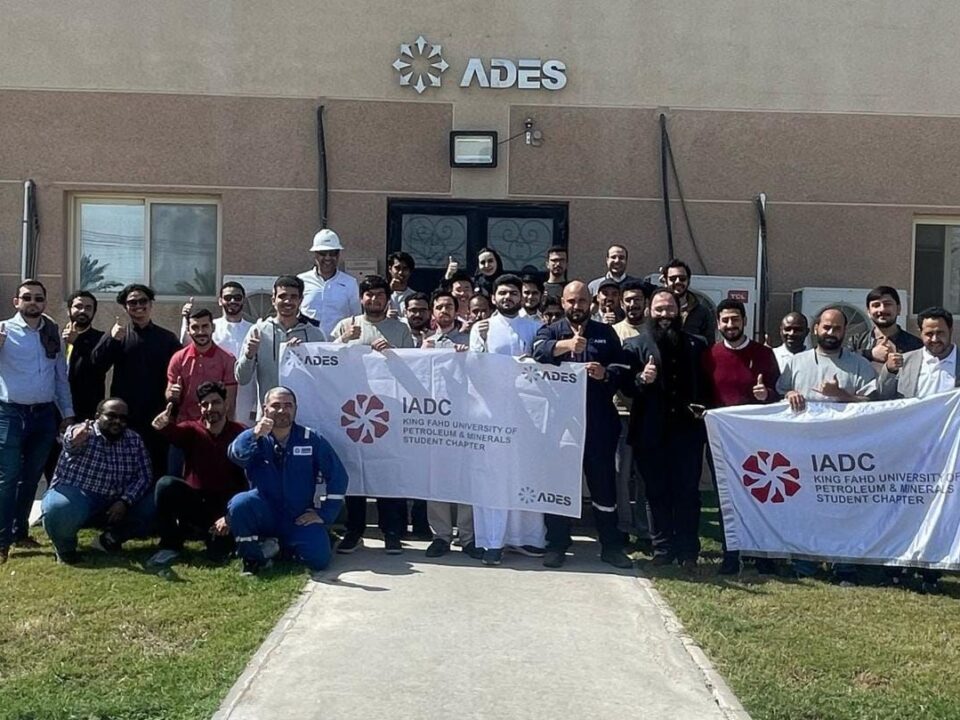House:
The House passed two articles of impeachment in December. Despite the widely reported hang-ups and maneuvering associated with impeachment, it is now largely out of the House’ hands and the chamber will look to resume pushing its policy priorities. First on this list be tackling PFAS and chemical reform; this month the house will take up a package by Rep. Debbie Dingell to that effect (H.R.535). Energy and Commerce Committee members Reps. Pallone and Rush also unveiled climate legislation that they hope will serve as an outline for aggressive action on climate change in 2021. The legislation focuses on providing billions in funding for EV rebates and charging infrastructure buildouts. Additionally, the Select Committee on the Climate Crisis will continue work on its own climate policy report, due out in March. Lawmakers have said it will likely be a set of emissions reduction and environmental justice principles paired with specific policy recommendations and existing legislation.
Although impeachment was intended to be the Senate’s first legislative item of 2020, Democratic house leaders have decided to delay sending the articles to the chamber, effectively guaranteeing business as usual will continue for the moment with more votes on Trump Administration nominees going into the new year. The first weeks back will see several of these votes. On the trade front, the Finance Committee held a markup the USMCA trade deal. White House officials have indicated that they expect the Senate to pass the deal sometime this month. On the energy front, leaders of the Senate Energy and Natural Resources Committee have signaled they will revive efforts to enact a comprehensive legislative package to update energy policy for the first time in more than a decade. While it won’t address carbon pricing or regulation, the package will likely draw from the 52 energy bills that passed the committee last year that address efficiency, storage and clean energy research programs. 2020 will also see renewed debate regarding key clean energy credits that were left out after a broader tax agreement fell apart in the final hours of negotiations, as well as renewed efforts by Senate Democrats on the Environment and Public Works committee to pass comprehensive surface transportation reform.
The Trump Administration spent the last weeks of 2019 dealing with the ever-present impeachment crisis, trade negotiations with China, and foreign policy maneuvering against Iran. 2020 is an election year, and it remains to be seen how tightly the Administration sticks to its policy objectives while balancing the President’s time on the campaign trail. The first week of January saw big news on the energy and environmental front, with the Trump Administration releasing its long-planned NEPA rewrite. The rewrite would essentially change broad language requiring environmental considerations of projects, making the language more immediate and direct with the goal of preventing indirect and vague environmental impacts from derailing projects and agency proposals. The new language is strongly opposed by environmental groups who claim it will effectively dismantle NEPA’s ability to account for cumulative and “big picture” environmental impacts.




